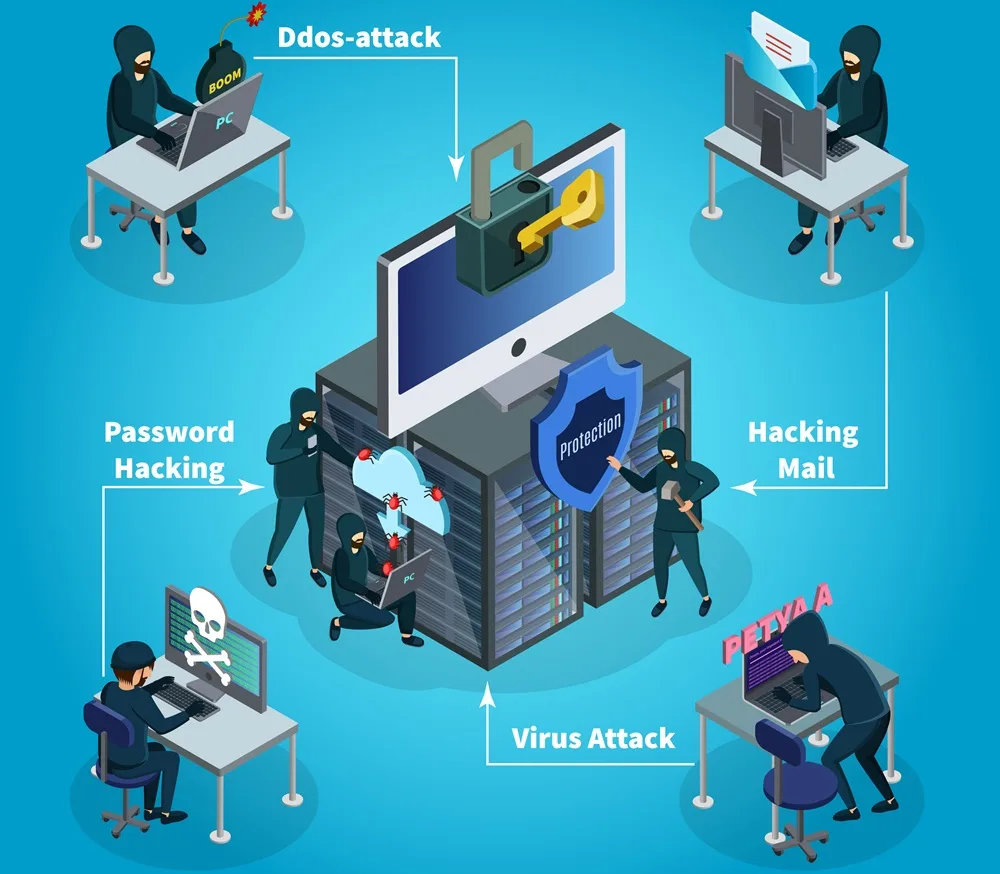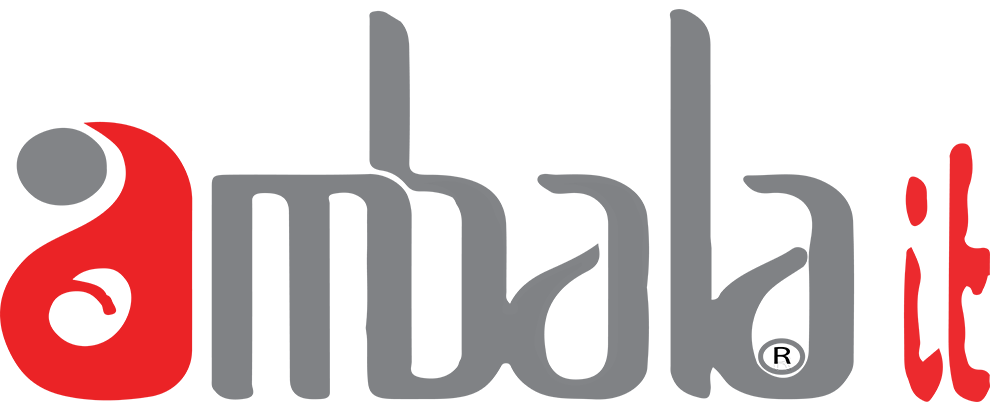
How to Secure Your Website from Cyber Threats in 2025
In 2025, cyber threats are more sophisticated than ever, posing serious risks to businesses, users, and data integrity. Securing your website has become a necessity, not an option. A compromised website not only damages your reputation but also affects search engine rankings, traffic, and revenue. In this article, we will explore proven strategies to secure your website and safeguard it from emerging threats, ensuring optimal SEO performance and user trust.
1. Implement SSL/TLS Encryption
Secure Sockets Layer (SSL) and Transport Layer Security (TLS) encrypt communication between your website and its visitors. Search engines prioritize websites with HTTPS, making it a critical SEO factor.
- Obtain an SSL certificate from a trusted provider.
- Regularly renew and update your certificate.
- Use HTTPS redirection to ensure all traffic passes through a secure connection.
2. Keep Software and Plugins Updated
Outdated software is a primary target for cyberattacks. Ensure that your website’s core CMS, themes, and plugins are always up-to-date.
- Enable automatic updates whenever possible.
- Regularly audit unused plugins and remove them.
- Check compatibility before updating to avoid downtime.
3. Use Strong Authentication Measures
Weak passwords are an open invitation for hackers. Strengthen authentication processes to enhance security.
- Enforce strong password policies for all users.
- Implement two-factor authentication (2FA).
- Use CAPTCHA to prevent automated login attempts.
4. Regularly Back Up Your Website
Frequent backups ensure you can recover your website quickly after a cyberattack. Opt for a reliable backup solution.
- Schedule automatic daily backups.
- Store backups on secure, remote servers.
- Test your backups periodically to ensure data integrity.
5. Deploy a Web Application Firewall (WAF)
A WAF filters and monitors incoming traffic, blocking malicious requests.
- Use cloud-based WAF solutions for real-time protection.
- Customize rules to block common attack vectors like SQL injection and cross-site scripting (XSS).
- Integrate WAFs with your CDN for enhanced performance and security.
6. Implement Secure Coding Practices
Vulnerabilities in your code can be exploited by attackers. Adhere to secure coding standards during development.
- Conduct regular code reviews and vulnerability scans.
- Use tools like OWASP ZAP or Burp Suite to identify potential weaknesses.
- Educate your development team on secure coding practices.
7. Monitor and Limit User Permissions
Excessive user permissions can lead to accidental or intentional security breaches. Define clear roles and access levels.
- Use the principle of least privilege (PoLP).
- Monitor user activities for suspicious behavior.
- Revoke access for inactive or former employees immediately.
8. Protect Against DDoS Attacks
Distributed Denial of Service (DDoS) attacks can crash your website by overwhelming it with traffic.
- Use a Content Delivery Network (CDN) with built-in DDoS protection.
- Configure rate limiting and traffic filtering.
- Monitor traffic patterns for unusual spikes.
9. Secure Your Website’s Hosting Environment
A secure hosting environment is the foundation of website security.
- Choose a reputable hosting provider with robust security measures.
- Enable server-side firewalls and anti-malware tools.
- Isolate your website in a virtual private server (VPS) or dedicated hosting environment.
10. Conduct Regular Security Audits
Periodic security audits help identify and mitigate vulnerabilities before they’re exploited.
- Use tools like Qualys, Nessus, or Acunetix to perform vulnerability assessments.
- Conduct penetration testing to simulate real-world attacks.
- Document and resolve all findings promptly.
11. Educate Your Team
Human error is one of the leading causes of security breaches. Training your team is vital.
- Conduct regular cybersecurity awareness programs.
- Share best practices for identifying phishing and social engineering attacks.
- Encourage reporting of suspicious activities.
12. Leverage AI and Machine Learning
AI-driven tools can proactively detect and respond to threats.
- Use machine learning models to analyze traffic patterns and detect anomalies.
- Deploy AI-based endpoint protection solutions.
- Automate threat detection and response processes to minimize downtime.
SEO Benefits of Securing Your Website
A secure website is a critical factor for SEO success in 2025. Here’s how security impacts your search engine rankings:
- Improved User Experience: Fast, secure websites with HTTPS ensure better user satisfaction.
- Higher Search Rankings: Google rewards secure websites with better visibility.
- Reduced Bounce Rate: Visitors trust secure websites, leading to longer session durations.
- Enhanced Mobile Performance: Security measures optimize website loading times on mobile devices.
Final Thoughts
Securing your website is an ongoing process that requires vigilance, updated practices, and the right tools. At Ambala IT, we specialize in delivering end-to-end web security solutions tailored to your unique needs. Let us help you build a secure, SEO-friendly website that protects your data and enhances user trust. Contact us today to future-proof your online presence!





